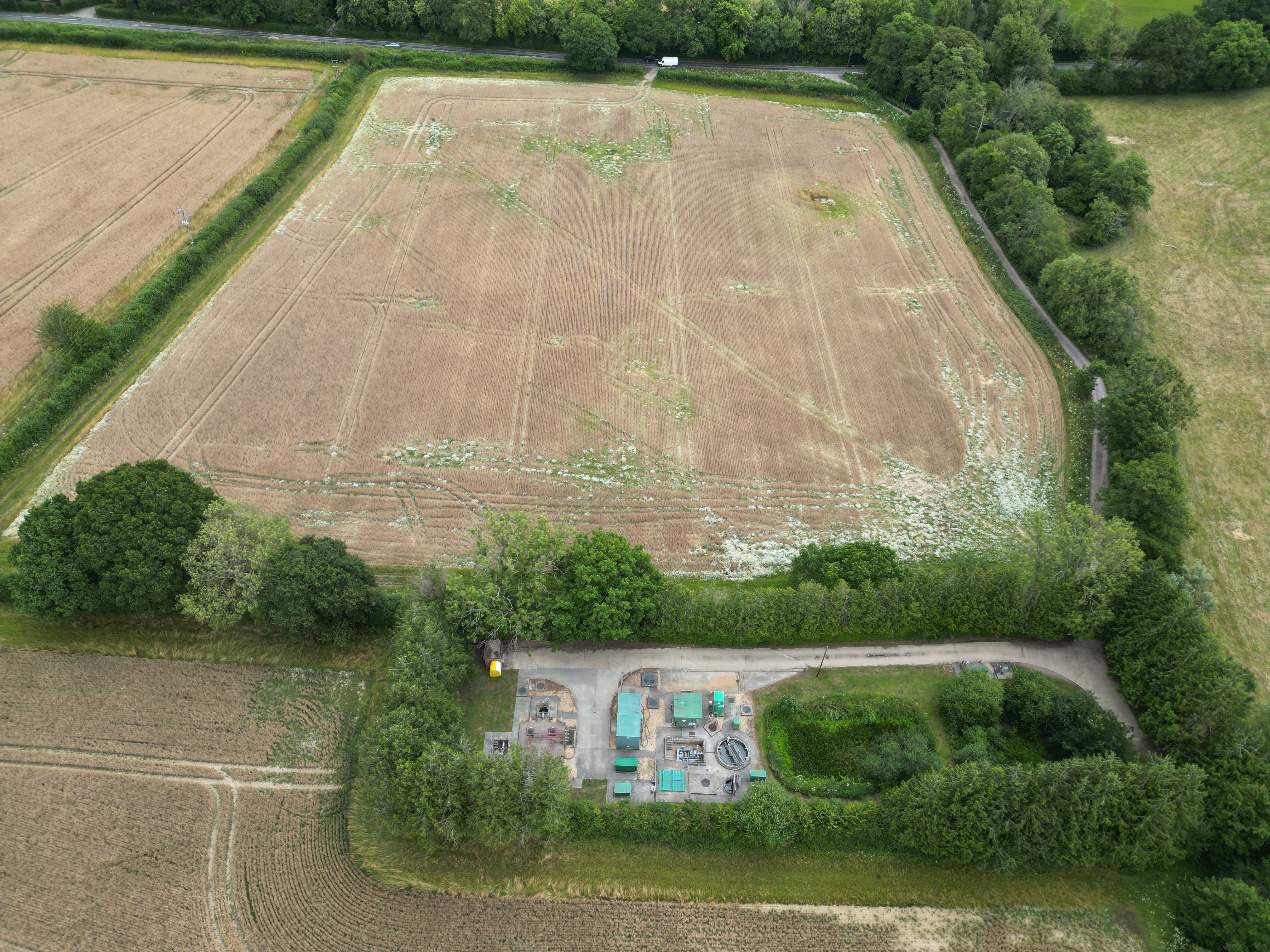
Plans for new £4.5m wetland to be created in West Sussex
Southern Water has unveiled plans for a large wetland next to its treatment works in Staplefield.
Southern Water has unveiled plans for a large wetland next to its treatment works in Staplefield.
The wetland, is the size of two football pitches (3.2 acres) and will help treatment at the site and is a nature-based solution to reducing Phosphorus into nearby watercourses.
How does the wetland work?
Wetlands provide another way of treating wastewater, it is what is known as a nature-based solution and uses water tolerant plants as a filter. They can remove contaminants from wastewater, improve local biodiversity and have the green benefits of absorbing and storing carbon.
For the Staplefield wetland next to Cuckfield Road, it will work by having treated wastewater from the current treatment works feeding the wetland at one end and filtering through the wetland and removing effluent at the other.
The wetland’s creation has been carefully planned, including carrying out a feasibility study, groundwater risk assessments and environmental planning
The next steps
Plans for the wetland will be looked at by West Sussex County Council, if approved we are expecting work to start in May.
Project Manager Cécile Stanford from Southern Water said:
“This is a really important project that will have clear benefits in improving biodiversity and is a natural way of treating wastewater This project will also help educate future generations about the benefit of wetlands.”
The work, if approved, will be carried out by contractor GTb, which is a joint venture between Galliford Try Environment and Binnies UK Ltd.
GTb Project Manager, Lee McGrattan said: “As a joint venture company we are really excited to be part of this project. This will be the first wetland project we are working on and it will be fantastic to see it flourish in the future. Wetlands are an alternative to more traditional mechanical and electrical process solutions, relying on nature to assist and encourage wildlife to the area.”
It is one of many examples of how Southern Water is investing £3bn between 2020 and 2025 to improve its environmental performance.
